Maintaining optimal vitamin and mineral intake is crucial for overall health and well-being.
These essential nutrients play a vital role in various bodily functions, including metabolism, energy production, and immune function. In this blog, we will explore the importance of vitamins and minerals, discuss the best food sources, and provide health tips to ensure you are getting the necessary nutrients.
Vitamins and Minerals: What You Need to Know
Vitamins and minerals are two types of essential nutrients that are vital for maintaining good health. Vitamins are organic substances produced by plants or animals, while minerals are inorganic elements that originate from rocks, soil, or water[2]. There are two main categories of vitamins: water-soluble and fat-soluble. Water-soluble vitamins include the eight B vitamins (B-1, B-2, B-3, B-5, B-6, B-7, B-9, and B-12) and vitamin C. Fat-soluble vitamins include vitamins A, D, E, and K[2].
The Importance of Vitamins and Minerals
Vitamins and minerals are essential for various bodily functions. For example, vitamin A is necessary for healthy sight, skin, and hair, while vitamin D helps regulate calcium and phosphate levels in the body[1]. Vitamin C is rich in antioxidants and strengthens blood vessels, providing elasticity to the skin and improving iron absorption[1]. Minerals like calcium, magnesium, and phosphorus are crucial for maintaining strong bones and teeth[2].
Best Food Sources
The best way to get the necessary vitamins and minerals is through a balanced diet that includes a variety of whole foods. Here are some of the best food sources for each:
- Vitamin A: Carrots, sweet potatoes, spinach, and kale
- Vitamin C: Citrus fruits, peppers, grapefruits, cantaloupe, kiwi, strawberries, and guava
- Calcium: Yogurt, cheese, milk, salmon, and leafy green vegetables
- Iron: Red meat, poultry, eggs, fruits, green vegetables, and fortified bread
- Magnesium: Spinach, broccoli, legumes, seeds, and whole-wheat bread
- Potassium: Meat, milk, fruits, vegetables, grains, and legumes
- Zinc: Beans, cashews, and dark chocolate
- Phosphorus: Meat, poultry, fish, and whole grains
- Selenium: Organ meat, seafood, and walnuts
Health Tips for Optimal Vitamin and Mineral Intake
1. Eat a Balanced Diet: Focus on whole foods like fruits, vegetables, whole grains, lean proteins, and healthy fats. Aim for a variety of colors on your plate to ensure you are getting a range of nutrients[2][3].
2. Incorporate Vitamin-Rich Foods: Add foods high in vitamins A, C, and D to your diet. For example, try incorporating carrots, sweet potatoes, and leafy greens into your meals.
3. Stay Hydrated: Drink plenty of water to help your body absorb the necessary nutrients.
4. Limit Processed Foods: Avoid highly processed foods that are often low in nutrients and high in added sugars, salt, and unhealthy fats.
5. Consult a Healthcare Professional: If you have concerns about your vitamin and mineral intake, consult a registered dietitian or healthcare professional for personalized advice.
Example: A Balanced Meal
Here is an example of a balanced meal that incorporates a variety of vitamins and minerals:
- Grilled Salmon: Rich in omega-3 fatty acids, vitamin D, and selenium
- Roasted Sweet Potatoes: High in vitamin A and fiber
- Steamed Broccoli: Rich in vitamin C, calcium, and fiber
- Quinoa: High in magnesium, iron, and fiber
- Mixed Berries: Rich in vitamin C, potassium, and antioxidants
Conclusion
Maintaining optimal vitamin and mineral intake is crucial for overall health and well-being. By focusing on a balanced diet that includes a variety of whole foods, you can ensure you are getting the necessary nutrients for optimal health. Remember to limit processed foods, stay hydrated, and consult a healthcare professional if you have concerns. With these health tips and a balanced diet, you can maintain optimal vitamin and mineral intake and live a healthy, vibrant life.
References
[1] PharmEasy. (n.d.). 6 Vitamins and Minerals Essential For Your Body Needs. Retrieved from <https://pharmeasy.in/blog/essential-vitamins-and-minerals-for-your-body/>
[2] Harvard Health. (n.d.). The Best Foods for Vitamins and Minerals. Retrieved from <https://www.health.harvard.edu/staying-healthy/the-best-foods-for-vitamins-and-minerals>
[3] Harvard Health. (n.d.). Best Source of Vitamins? Your Plate, Not Your Medicine Cabinet. Retrieved from <https://www.health.harvard.edu/staying-healthy/best-source-of-vitamins-your-plate-not-your-medicine-cabinet>
[4] Houston Methodist. (2021, January 5). Are You Getting Enough Vitamins in Your Diet? Retrieved from <https://www.houstonmethodist.org/blog/articles/2021/jan/are-you-getting-enough-vitamins-in-your-diet/>
Citations:
[1] https://pharmeasy.in/blog/essential-vitamins-and-minerals-for-your-body/
[2] https://www.health.harvard.edu/staying-healthy/the-best-foods-for-vitamins-and-minerals
[3] https://www.health.harvard.edu/staying-healthy/best-source-of-vitamins-your-plate-not-your-medicine-cabinet
[4] https://www.houstonmethodist.org/blog/articles/2021/jan/are-you-getting-enough-vitamins-in-your-diet/
[5] https://www.mygnp.com/blog/essential-vitamins-and-minerals/
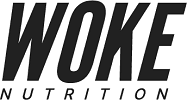


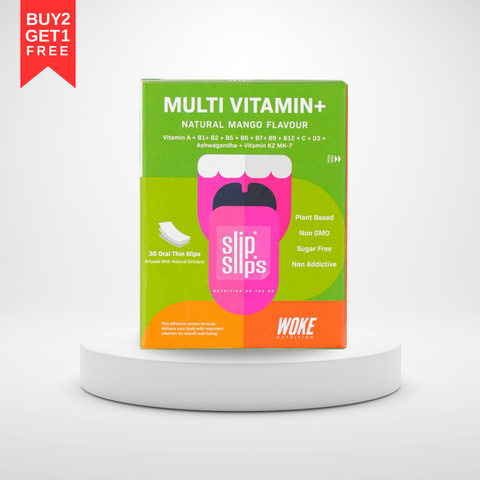
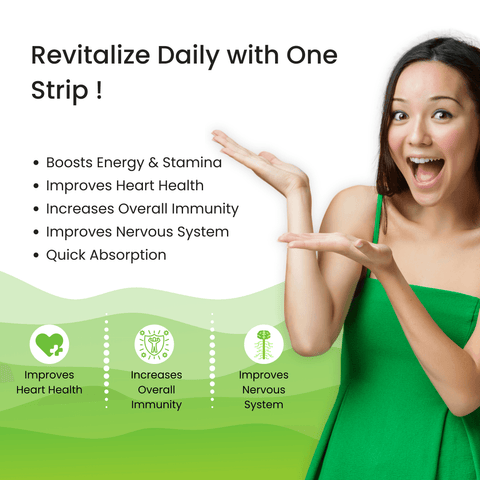
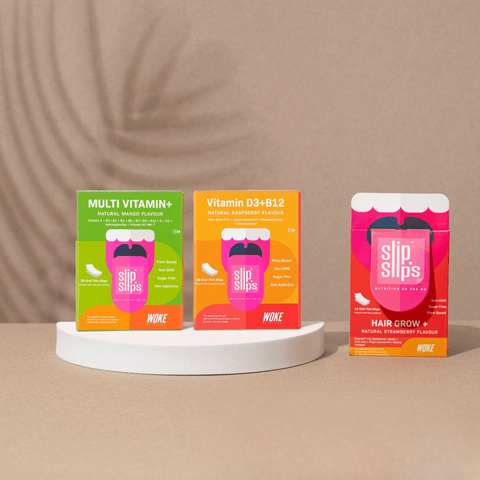





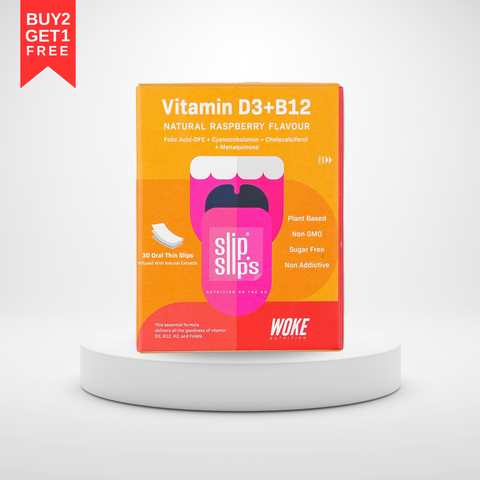






Comments (0)
There are no comments for this article. Be the first one to leave a message!